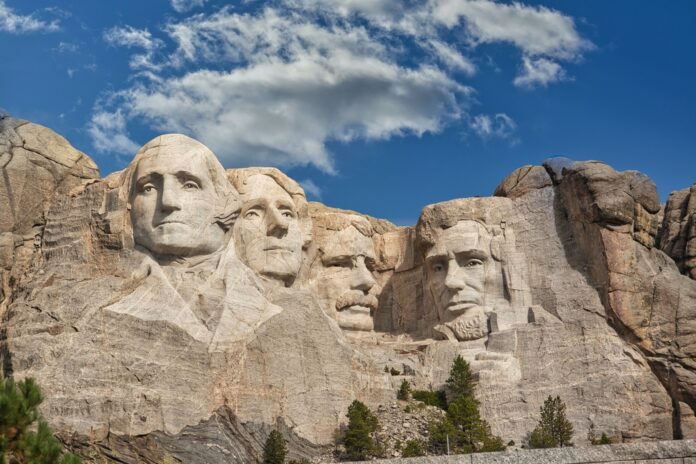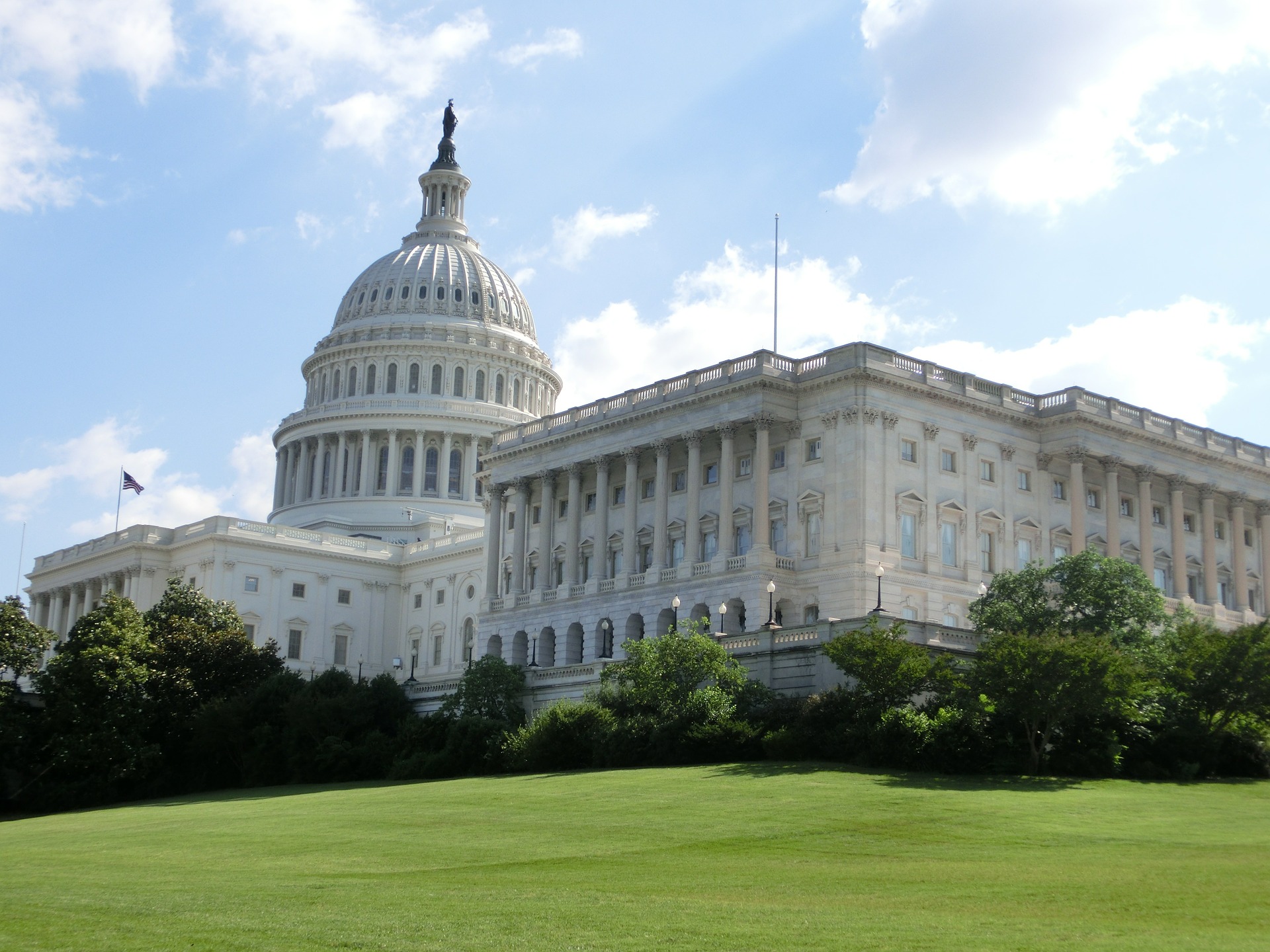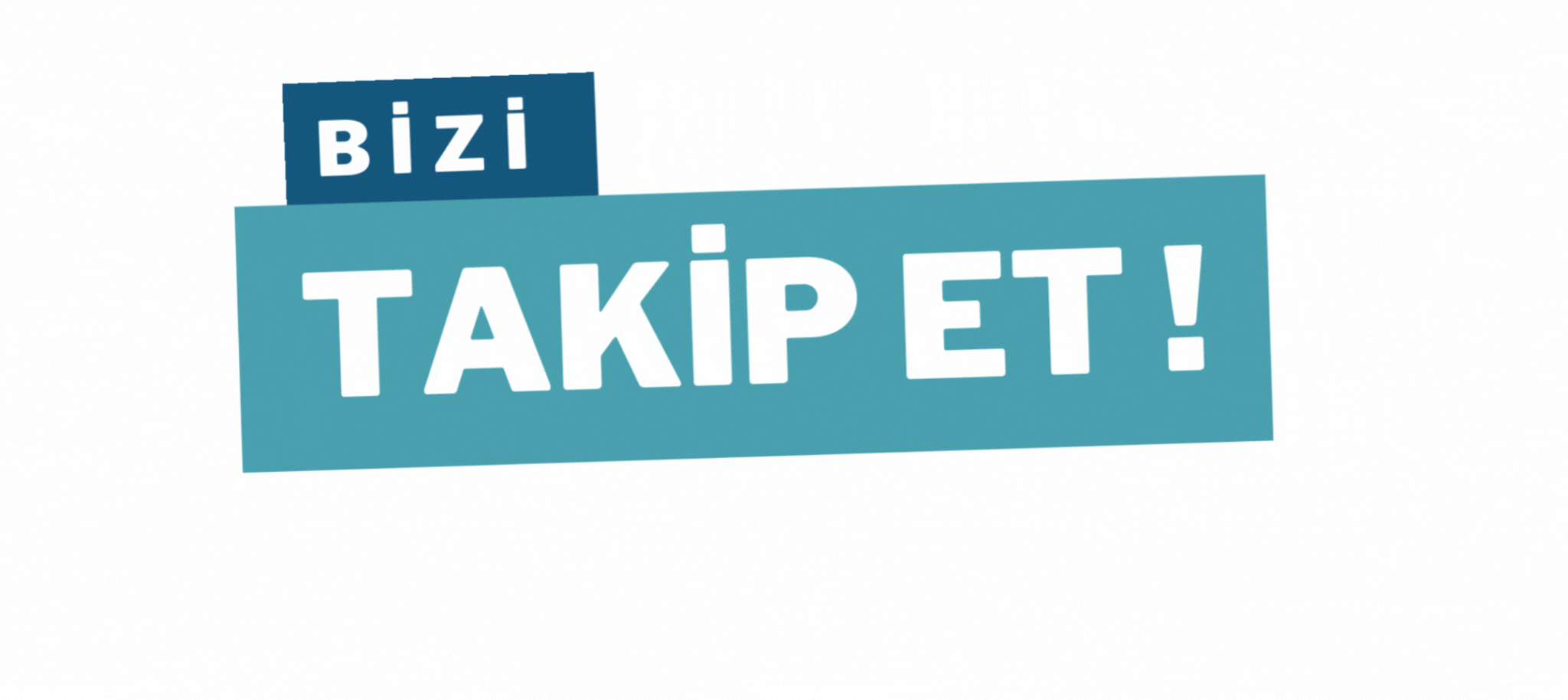When you turn your television on in Turkey in 2021, you can see many discussion programs about international news, politics, and the economy. A competent of a specific issue mostly find them ridiculous. Most of the time, these so-called ‘strategists’ and ‘experts’ do not have enough knowledge and insight to make an analysis. One of the most incomprehensible issues among the Turkish public and even among these so-called ‘experts’ is the American foreign policy. Therefore, American foreign policy should be explained in more detail with no conspiracy theories.
What most of these cannot understand is the American political culture, which has impacts on American foreign policy. Because of their historical experiences, such as with British Redcoats, American society has developed a unique understanding of politics. Their beliefs and values about politics consist of individualism, the market economy, the rule of law, and limited government. This kind of politics, which rests on weak states and strong civil society, should always be in the mind of the analyst. The governmental system allows any constitutes to take part in the process more or less. This is the American way of politics, unlike any authoritarian or totalitarian regimes, which also gave way to the concept of American Exceptionalism[1].
This understanding of exceptionalism, born out of Puritan ideals, based on American society’s character and ideals, led the American political spectrum into two choices. While one side, like Washington, is with inward-looking isolationists who claim Americans should not intervene in other nations’ bloody and problematic politics and should be the example for other nations, others side, like Truman, claims that the US should transform its environment through its power.[2] The history of policy is like a pendulum between these two. However, after World War II, it has become more and more internationalist.
After explaining how Americans see themselves and their environment, one should now explain the process of foreign policy decision making. American constitution divides power between three branches with checks and balances over each other. These are the executive branch of the presidency, the legislative branch of Congress, and the judicial branch of the Supreme Court. The legislative branch makes the laws. President faithfully operates them. The judicial branch can declare laws or acts of the President unconstitutional. While the President can propose laws to Congress, veto, appoint federal judges, Congress can override the presidential veto, ratify treaties, confirm executive appointments. Also, if the opposing party dominates Congress, the President may lose his upper hand in foreign policymaking.
The position of President is central to foreign policymaking.[3] During the Cold War, the main aim of US foreign policy was to deal with Soviet threat. What changed during the course of the Cold War was the means to achieve this aim. Means are changed because of different policymakers’ perceptions, international and domestic circumstances. In the period starting from 1945 until the Vietnam fiasco, there was a so-called Cold War consensus. The Congress allowed presidents to take the initiative and move more freely. Truman and Eisenhower the presidents of this consensus. Truman Doctrine, Marshall Plan, the establishment of NATO, military intervention in Korea, and Eisenhower Doctrine were examples of the containment strategy.
However, assessing the President as a rational actor can be misleading because of the constraints of his/her position. First of all, presidents are dependent on bureaucracy, which has access to information and expertise. These bureaucrats with different perceptions, objectives, and ways of doing things may lead the President to decide among the choices put in front of him. In the foreign policymaking process, there are four big organizations. Firstly, National Security Council advises the President on security issues and coordination between foreign and domestic security concerns.[4] Their advantage is the proximity to the President office and their ability to act quickly in a crisis. National Security Adviser’s role depends on the President’s choice whether he goes with NSC or the Department of State. Kissinger and Nixon was a great example of NSC dominating foreign policy. Therefore, it is crucial to know the NSA’s perception of the international system. The second big was the State Department, responsible for representation to other nations and IOs, negotiating with them, reporting, and recommending current issues. During the Cold War, their dominance declined because presidents became much more interested in foreign relations. Their advantages were their network of information and expertise on foreign relations. Department of Defense was the third big in foreign policy advising to the President on military issues. Their expertise on military issues is hard to challenge. Therefore, the President becomes dependent on their expertise. Central Intelligence Agency was the last big. Their main aim is to collect, analyze, and coordinate intelligence outside of the US territories and advise the President. Like all other organizations, the CIA has the expertise and the ability to hide or reveal information. Although presidents nominate a high level of appointments to these institutions, they had a history with these institutions and have their subcultures. Therefore, even the president changes, rhetoric change there is not much change in US foreign policy.
There is also civil society, which is much stronger in any other nation. The masses tend to be inattentive, uninformed, and permissive. Most of the Americans did not know whether or not the Soviets were an ally of the US. They do not care much about which side the US support in a civil war. Therefore, public opinion is something to be given shape for the President. Although the support for intervention in Vietnam is about 40 percent popular in public, Johnson achieved over 70 percent support for involvement. Although it is more difficult for interest groups to influence foreign policy, it does not fully allow presidents to be completely free. Vietnam was an example of how the public demanded to pull out of Vietnam. These led Nixon and Kissinger to develop a détente policy toward the Soviets because the US cannot afford other interventions.
The Vietnam War was a turning point for the United States because, first of all, as it is stated above, policymakers understood it was not suitable to deal with the Soviets, and they changed interventionism to engagement. Kissinger tried to signal and assure the Soviets of their intentions and open the doors for relations between China and the US. Secondly, Congress became more assertive in foreign policy, and the media and public became more influential[5]. Starting from this point, the Imperial Presidency becomes less and less powerful. For example, in 1970, Congress cancelled the Gulf of Tonkin Resolution of 1964, which gave the power to deploy troops overseas freely, and in 1973 enacted the War Powers Resolution of 1973 made the President responsible for informing Congress on the deployment of forces and it could last less than 60 days. However, Bill Clinton and Reagan did not obey this rule, and the supreme court could not decide if it was legal or not.
The long-lasting failures of Nixon, Johnson, Carter led the American public search for more strong leadership. Reagan pushed for massive military spending on conventional and unconventional weapons and took military actions against communists in the third world by overcoming Vietnam Syndrome[6]. In the end, he achieved to bring the Soviets on their knees, which opened the way for American values and democracy to different parts of the world. Becoming the sole superpower in global politics, the US forgot the isolationist beliefs and became a power that actively tried to lead either multilaterally like Clinton and Obama or unilaterally like Bush or Trump. Their agenda was dominated by economic and military security concerns rather than promoting democracies in the Middle East or elsewhere.
To sum up, American foreign policy was quite different from most other nations because American politics is unique thanks to American experience and society. While making sense of American foreign policy, the analyst should be aware of the US style of politics and dynamics. It is not monolithic, as some ‘experts’ tried to explain.
References
- [1] Harold Hongju Koh, On American Exceptionalism (Stanford Law Review 55, no. 5, 2003), 1480.
- [2], Bernard Fensterwald, The Anatomy of American “Isolationism” and Expansionism. Part I (The Journal of Conflict Resolution 2, no. 2, 1958): 114.
- [3] Ali Farazmand, Bureaucracy and administration (2009), 134
- [4] John P. Burke, National Security Advisor and Staff (2009), 12
- [5] Stuart N. Soroka, Media, Public Opinion, and Foreign Policy (Press/Politics 8(1):27-48, 2003), 43.
- [6] Fareed Zakaria, The Reagan Strategy of Containment (Political Science Quarterly, Vol. 105, No. 3, 1990), 380







Your point of view caught my eye and was very interesting. Thanks. I have a question for you.
Your point of view caught my eye and was very interesting. Thanks. I have a question for you.
I don’t think the title of your article matches the content lol. Just kidding, mainly because I had some doubts after reading the article.
Your point of view caught my eye and was very interesting. Thanks. I have a question for you.
I don’t think the title of your article matches the content lol. Just kidding, mainly because I had some doubts after reading the article.
kkw1wt7fo4w
I don’t think the title of your article matches the content lol. Just kidding, mainly because I had some doubts after reading the article.